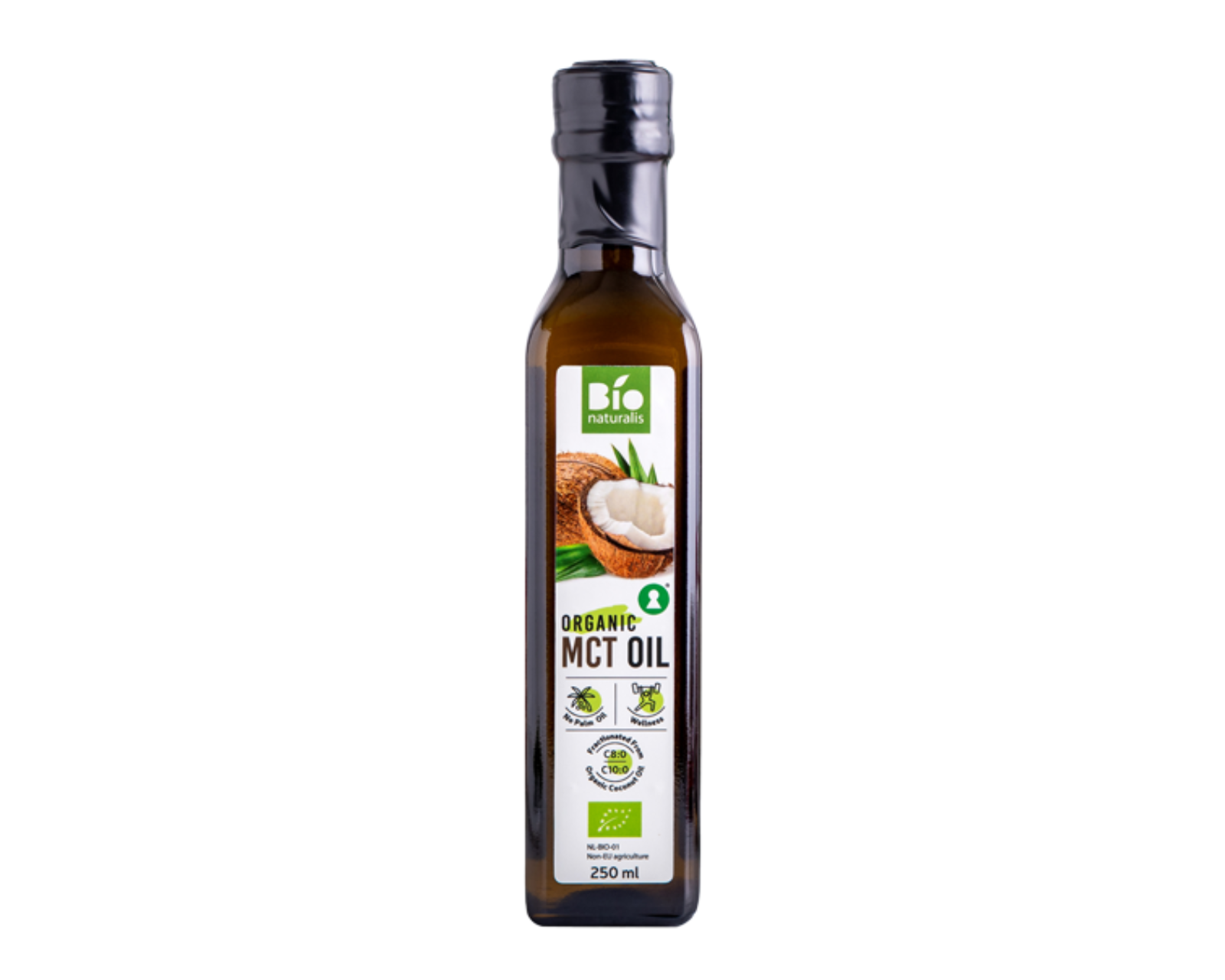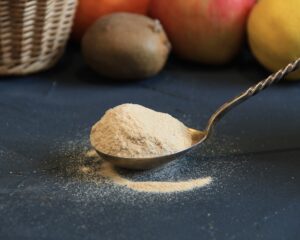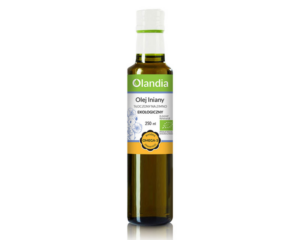Organic MCT coconut oil, 250 ml
11.00€
MCT coconut oil has attracted a lot of attention for its unique properties. MCT coconut oil is a concentrated form of medium-chain triglycerides, odourless and tasteless, suitable for cooking at high temperatures. MCT oil contains fatty acids that are easier for the body to digest and absorb quickly, making it an efficient source of energy.
Potential health benefits of MCT coconut oil
Weight: MCTs can help promote satiety and increase fat oxidation, which can help with weight management.
Energy: The rapid absorption of MCTs provides a quick and long-lasting source of energy, making them popular with athletes and individuals following a low-carbohydrate diet.
Heart health: Some studies suggest that MCTs may promote heart health.
Digestion: MCTs have antimicrobial properties that can help maintain a healthy gut microbiome and may be beneficial for digestive health.
Taking large amounts of MCT coconut oil may cause side effects
Digestion: some people may experience digestive problems such as diarrhoea or belching when consuming large amounts of MCT coconut oil. Use with caution if you have digestive problems.
Calories: MCT coconut oil is calorie-dense and excessive consumption can affect weight gain.
Drug interactions: MCT coconut oil may interact with certain medicines, affecting their absorption and efficacy.
Consumption
Production – MCT coconut oil is resistant to high temperatures due to its chemical composition, which consists mainly of medium chain triglycerides (MCTs). This high temperature resistance allows MCT coconut oil to withstand higher cooking temperatures.
MCT oil is a good choice for the Keto diet. Keto diets are high in fat and low in carbohydrates. MCT oil is high in fat and contains no carbohydrates.
Recommended use: we recommend using 1/2 to 3 tablespoons of oil per day.
Cocktails and Glotnučiai:
Add a tablespoon of MCT coconut oil to your favourite smoothie for extra nutritional benefits and a creamy texture.
Salad dressings:
Create healthy sauces by mixing MCT coconut oil with vinegar or lemon juice, herbs and spices.
Sources:
https://www.sciencedirect.com
https://www.medicalnewstoday.com
https://healthnews.com
NOTE. The information contained herein should not be construed as a recommendation for treatment or other health issues. We encourage you to make personal decisions about your personal health, taking into account a wide range of sources of information.
Organic 100% cold-pressed medium-chain triglyceride coconut oil
Energy and nutritional value (100ml)
3760 kJ / 900 kcal
Fat - 100 g
- of which saturates - 100 g
Carbohydrates - 0 g
- of which sugar - 0 g
Protein - 0 g
Salt - 0 g
Medium chain triglycerides: 100 %
Of which 55 % to 65 % caprylic acid (C8)
Of which capric acid (C10): 35 to 45 %
Store in a cool, dark place. Do not refrigerate.


